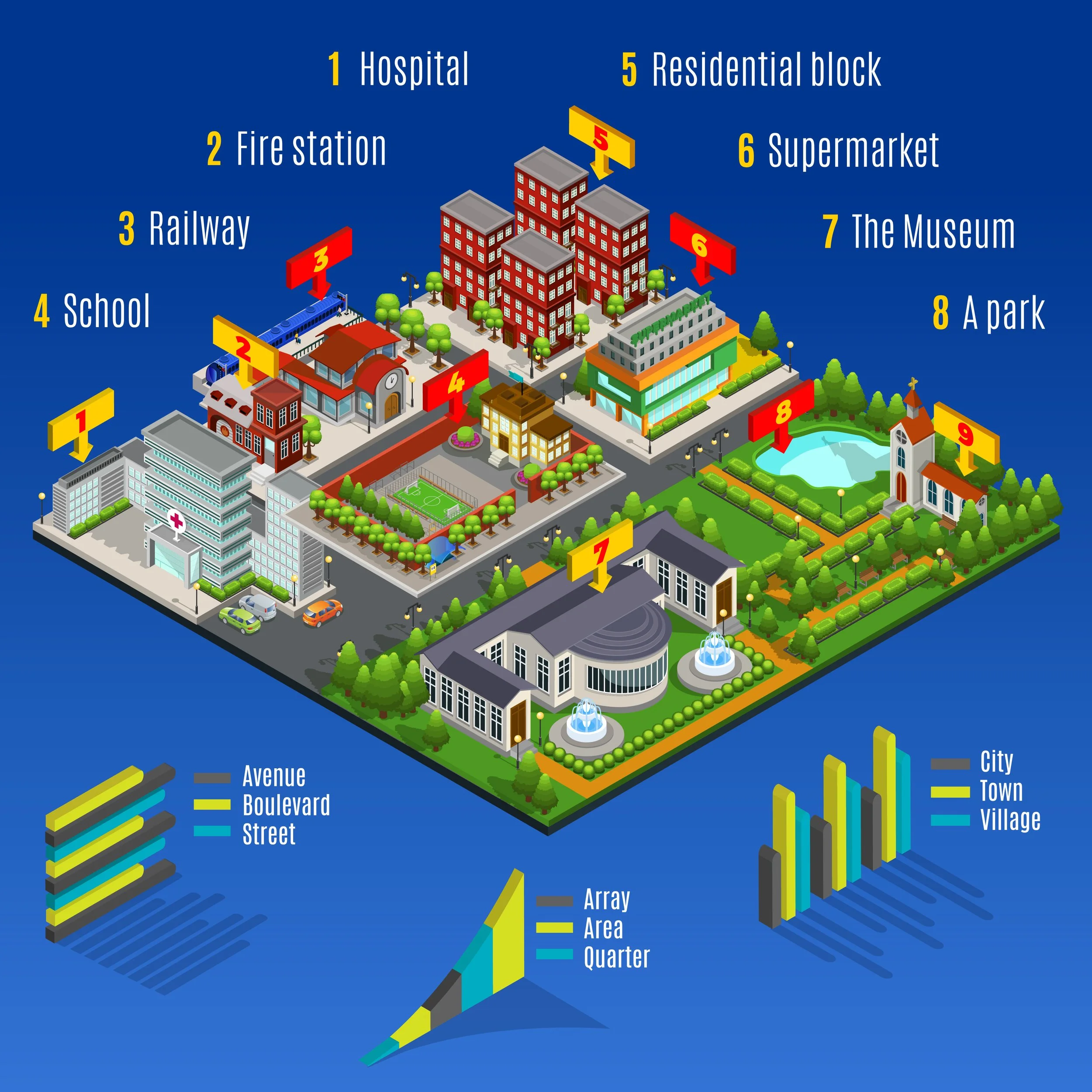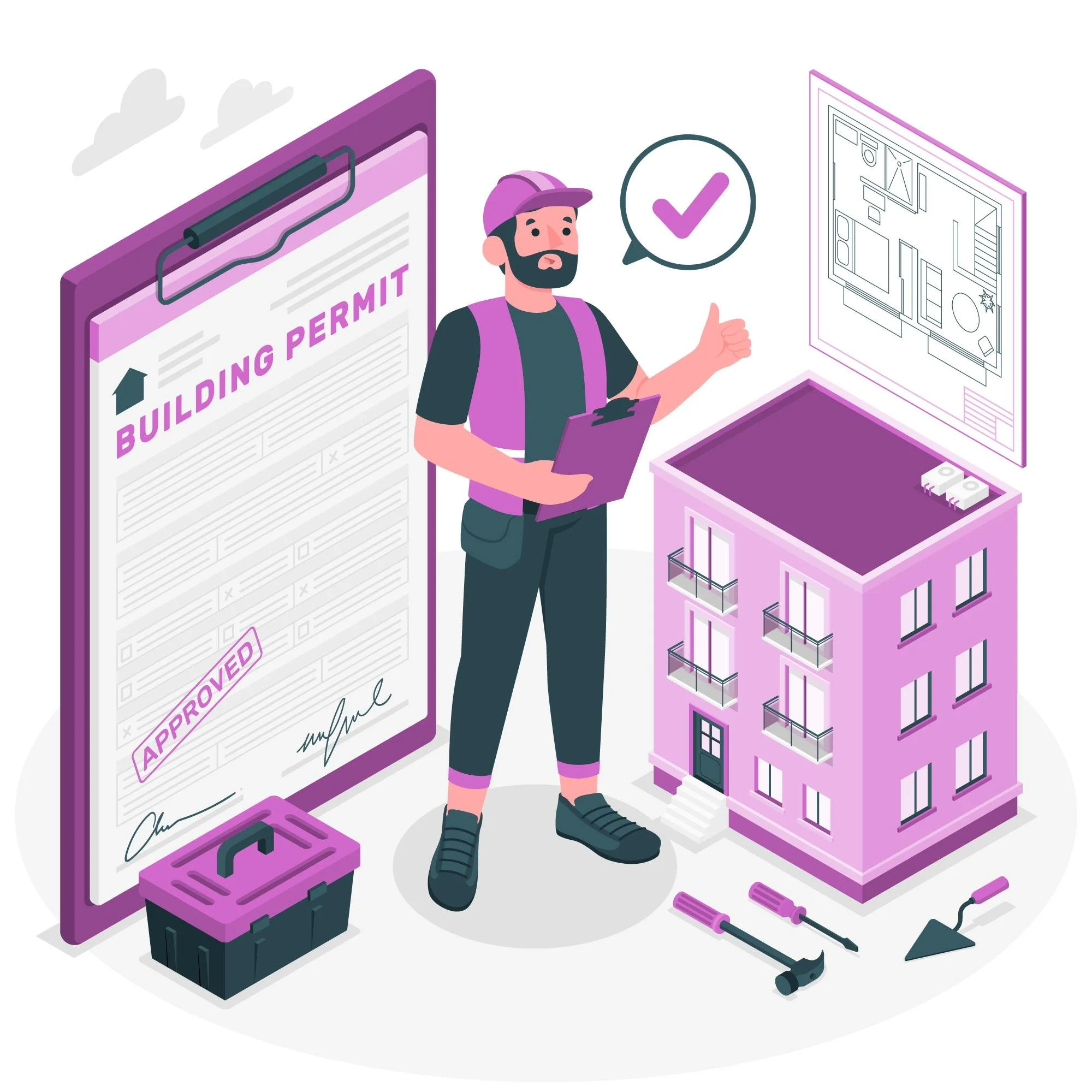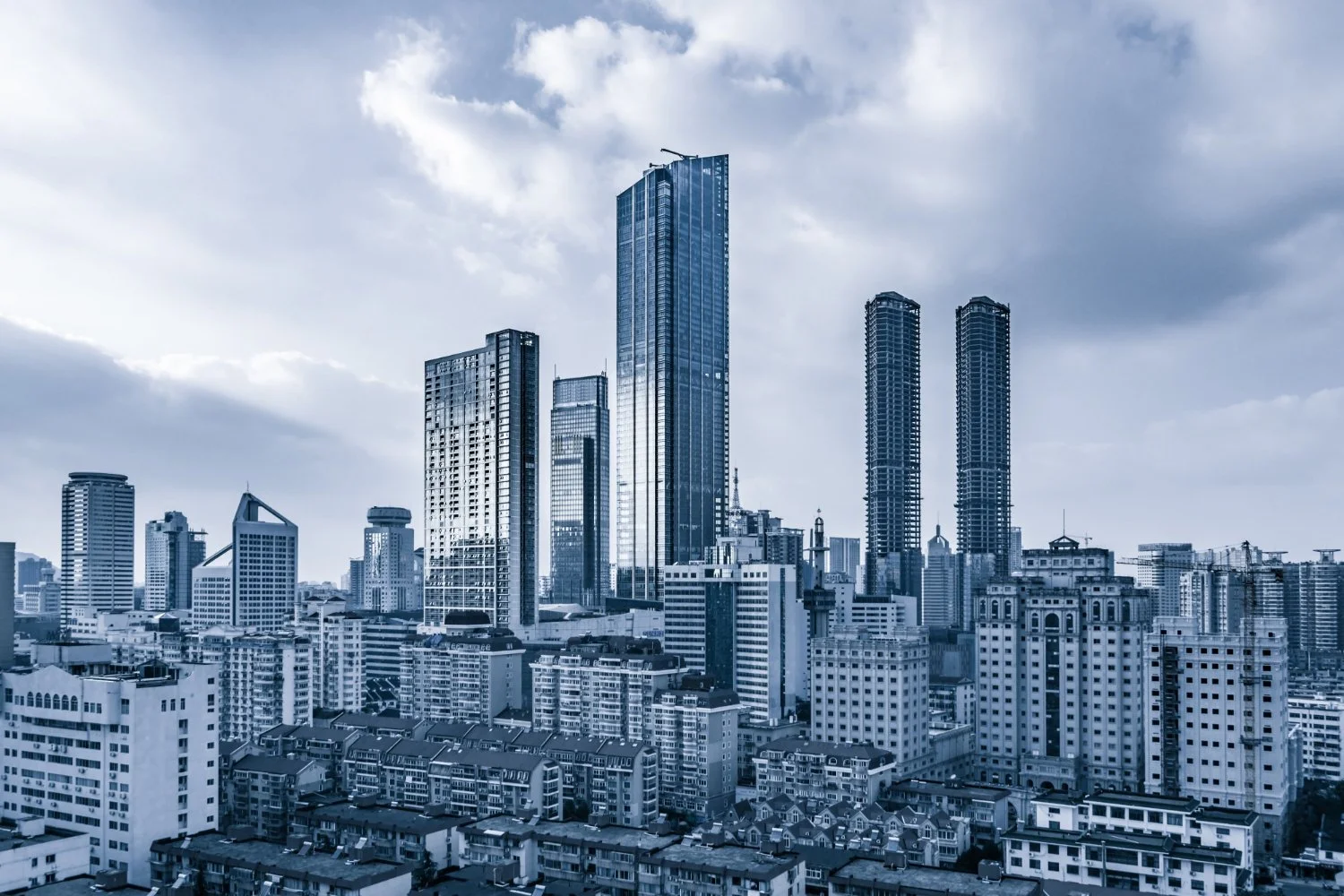Building Permits and Zoning Laws in Colorado Explained: A Simple Guide for Property Owners
If you’re planning to build a house, open a business, or make major changes to a property in Colorado, it’s very important to understand zoning laws in Colorado and how to get the right permits. These laws tell you what you can and cannot do with a piece of land. Ignoring them can lead to delays, fines, or being forced to undo your project entirely.
In this guide, we’ll explain what zoning laws are, why they matter, how to apply for building permits in Colorado, and how to stay on the right side of local land use rules. Whether you’re a homeowner, builder, investor, or just curious, this article will walk you through everything step-by-step.
What Are Zoning Laws?
Zoning laws in Colorado are local regulations made by cities and counties to control how land can be used. These rules divide land into different “zones” or districts. Each zone has its own rules about what types of buildings or activities are allowed there.
For example:
In a residential zone, you can build houses or apartments, but not factories.
In a commercial zone, you can open stores or offices.
In an industrial zone, you can build warehouses or manufacturing plants.
These zones are shown on official zoning maps of Colorado, which are published by your local jurisdiction. The rules for each zone are listed in the city or county’s municipal codes. The purpose of zoning is to:
Keep neighborhoods safe and organized
Prevent factories from being built next to homes
Control noise, pollution, and traffic
Protect property values
Common Types of Zoning in Colorado
Most cities in Colorado use similar zoning categories. Some common ones include:
R-1 (Residential Single-Family): Only one home is allowed per lot.
R-2 (Residential Multi-Family): Townhouses or small apartments are allowed.
C-1 (Commercial): Businesses like shops, offices, or restaurants can operate here. Mixed-use developments are also common to find in commercial zones.
I-1 (Industrial): Warehouses, factories, or production facilities are allowed.
A (Agricultural): Farming or ranching activities are allowed, sometimes with homes.
Each zoning category has specific rules. For example, there are limits on:
How tall can your building be
How close it can be to the edge of your property (called a setback)
How much space do you need for parking
The rules for each zone are written in your area’s municipal codes and Colorado planning and development laws.
What Are Setbacks and Easements?
Two terms often used in zoning are setbacks and easements in Colorado.
Setbacks are the minimum distance your building must be from the street, neighboring property lines, or other structures. For example, a front setback of 20 feet means your house must be at least 20 feet away from the front property line.
Easements are parts of your land that must be left open for things like utility lines, drainage, or shared access. You usually can’t build anything on top of an easement.
Ignoring these rules can get you in trouble, even if your building is inside the right zone.
What If the Current Zoning Doesn’t Match Your Plan?
Sometimes, your land may not be zoned for the type of project you want to build. For example, maybe you want to open a coffee shop, but the property is zoned only for residential use.
In this case, you may need to go through the rezoning process in Colorado. This means:
Applying to your local planning department
Explaining why the zoning should be changed
Attending a public hearing where neighbors can give their opinions
Waiting for a decision from the planning board or the city council
You may also need a variance or conditional use permit. These are special approvals that allow you to do something slightly different from the standard rules, without changing the zoning completely.
This process can take weeks or even months, so it’s smart to plan ahead.
What Are Building Permits and When Do You Need One?
Even if your land is in the correct zone, you can’t start construction without a permit. A building permit is official permission from the city or county to build, remodel, or demolish a structure.
You usually need a permit for:
Home additions
Garage or basement conversions
Major electrical, plumbing, or HVAC work
Installing fences over a certain height
Decks, porches, sheds, or accessory dwelling units (ADUs)
The purpose of a permit is to make sure your project meets safety standards, building codes, and zoning laws in Colorado.
How to Apply for a Building Permit in Colorado
The steps for how to apply for a building permit in Colorado may vary slightly by jurisdiction, but usually follow this process:
Check the Zoning: Make sure your project is allowed in your zone.
Prepare Your Plans: Hire a designer, architect, or engineer to create drawings.
Submit Your Application: Fill out forms and upload your plans through your city’s online portal or in person.
Pay the Fee: Fees depend on the size and value of your project.
Wait for Approval: City staff will review your plans for safety and zoning compliance.
Schedule Inspections: Once approved, you can begin construction. Inspectors will visit your site at different stages of the build.
If your project doesn’t follow the rules, it may be delayed, rejected, or require changes.
Special Rules for Commercial Zoning
Commercial zoning in Colorado has different rules from residential areas. These rules often require:
Specific building designs (for storefronts, signage, etc.)
Fire safety systems
ADA-compliant restrooms and entrances
Off-street parking
Traffic impact studies
If you’re opening a business, especially one that serves food or the public, you may also need:
A business license
Health department approval
Fire marshal inspections
This is why it’s important to work with professionals who understand Colorado land use laws if you’re developing commercial property.
Where to Find Zoning and Permit Information in Colorado
Every city and county in Colorado has a planning or building department that handles zoning and permits. Their websites usually have:
Interactive zoning maps in Colorado
Permit application portals
Links to local municipal codes in Colorado
Phone numbers and email contacts of building department officials
Here are a few examples:
If you’re not sure where to start, simply search “[your city] building permit application” or “[your city] zoning map.”
Common Mistakes to Avoid
Here are a few common mistakes people make when dealing with zoning laws in Colorado:
Skipping research: Always check zoning and permit requirements before buying land or starting work.
Assuming rules are the same everywhere: Zoning varies by city and even by neighborhood.
Building without a permit: Even a small deck or shed might need one.
Ignoring setbacks or easements: These can limit where you can build.
Waiting too long to apply: Permit review can take several weeks to several months, depending on the size of your project and the requirements associated with reviewing your building type.
When to Get Professional Help
If your project is large or complicated, consider hiring a:
Zoning consultant
Land use attorney
Permit expeditor
Architect or engineer
These professionals understand Colorado planning and development laws and can save you time, money, and stress, especially if you’re dealing with the rezoning process or land use permits.
Conclusion
Whether you're building a backyard garage, opening a retail store, or planning a major housing project, understanding Colorado zoning laws is essential. These rules protect the community, maintain order, and help you avoid costly mistakes.
Before starting any project, be sure to:
Review your local zoning map
Understand your zone’s municipal codes
Apply for the correct building permits
Respect setbacks and easements
Plan ahead for delays or special permissions like rezoning
By following the right steps, you can build confidently and legally anywhere in Colorado.







